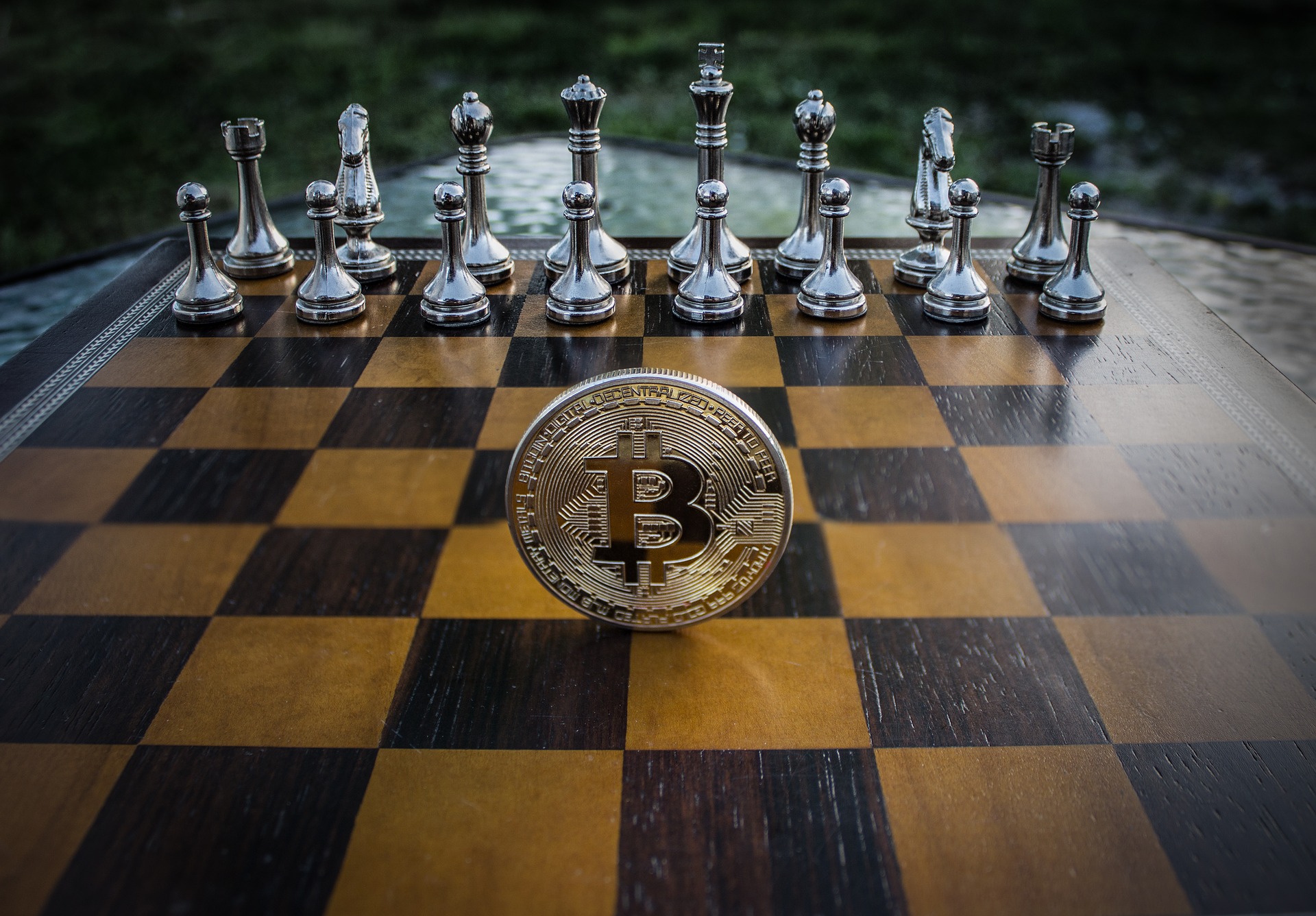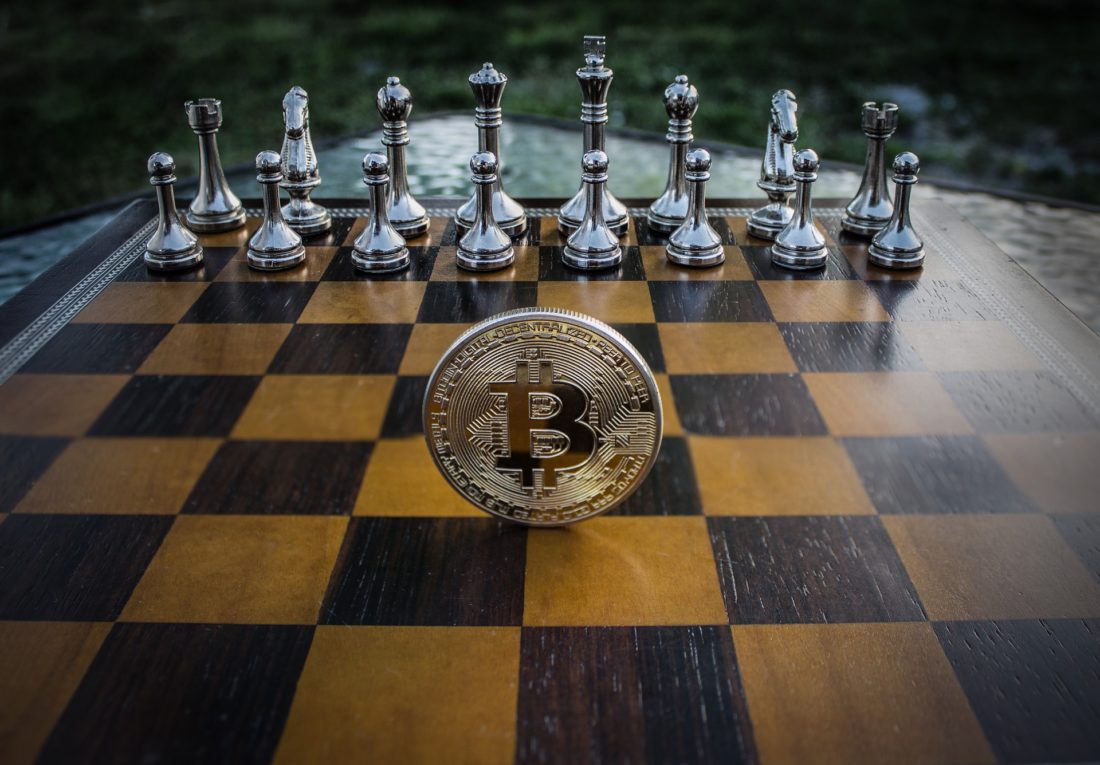Technology
Blockchain – a game changer for the game industry?

By Pekka
30.09.2019
The blockchain, a revolutionary technology designed to decentralize and verify data and eliminate the need for trusted third parties, has been heralded in recent years as a game changer in many industries. Unfortunately, the use of blockchain tech solely for PR and fundraising purposes greatly eclipses the number of sensible and practical use cases for the technology.
In this post we will take a look in the video game industry and discuss the contributions and feasibility of blockchain as a tool in game design and monetization.
The video game and interactive media market exceeded 135 Billion USD in 2018, and is expected to complete a decade of double digit growth and reach 180 billion USD by 2021 (PwC 2016, Newzoo 2018).
Several factors contribute to this surge: mobile and casual gaming, digital distribution, accessibility to better and cheaper hardware and connectivity, social gaming and cross-platform multiplayer games, VR, new monetization models (micro-transactions, loot boxes), Cloud based gaming, etc.
A complementary growth in gaming related markets (such as streaming and content creation, E-sports, crowdfunding platforms, gaming-oriented hardware and peripherals etc.) keeps fueling this increase even further.
But as the gaming industry grows, more and more industry experts voice their concerns regarding controversial monetization models that are considered by some to be predatory, promote addiction, or simply damage the core design of the game, forcing the game to be slower paced so they can be sped up using micro-transactions. Some countries have outright banned the “loot box” model as gambling mechanics (Belgian & Dutch Ministry of Justice 2018).
Here are a couple of ways blockchain tech can be used to address parts of these issues, bring new opportunities, and serve as another engine for the growth of the gaming market.
Financial and data immutability infrastructure on public blockchains (e.g. Bitcoin)
Being able to interface and use cryptocurrencies doesn’t stop at being able to pay for games as one can on “HumbleBundle” or “GreenManGaming”. Second layer solutions, such as “LightningNetwork” allow instant, near-free transfer of microscopic amounts (think one thousandth of a cent). Imagine pay-as-you-go models for games, new, transparent, and safe way to trade in game items, virtual goods and player accounts, innovative scoring and reward systems, Effective yet non-intrusive crypto based DRM schemes, new fundraising and compensation models for indie developers, all backed by a robust, decentralized, trustless system.
Think about the recent arguments of several indie developers (@tha_rami, @RaveofRavendale, June 2019) against key reseller G2A.com, claiming G2A is being routinely used for credit card fraud, and developers are being billed for the chargebacks.
Think about issues with many centralized in-game economies, problems that seriously hurt games like Diablo III when always online DRM was forced on players because of the real money auction house, and prevented from many players to play the game for DAYS at launch (“Error 37”).
Games as Decentralized Apps (DAPPS) or smart contracts running on the blockchain itself
An emerging field that followed the relative popularity and success of CryptoKitties in 2017, a simple game in which one can own, trade and breed unique virtual cats, developed by Axiom Zen. As of June 2019, there are approximately 20 announced crypto games in different stages of development (James McQuillan, blockchaingamer.biz), most of which utilize the Ethereum and EOS blockchains.
It is unclear whether crypto games will ever be more than a niche market, but it is clear that in order for the sector to grow, developers will have to produce games that succeed on their own merit, rather than use blockchain as a gimmick. Things look promising with several new studios formed by industry veterans (“Mythical Games” and “Forte” for example) successfully raising funds for their new games.
In a world where games are digitally distributed, game companies are moving towards “game as a service” model, or cloud based gaming is becoming a reality with Google Stadia, game ownership is becoming an empty promise. As several game journalists pointed out, game companies have lost source codes, have shut down dedicated game servers, and have created a reality in which many games cannot be played anymore and are essentially and forever missing from the pages of gaming history. Trying to play to the advantages of the blockchain – decentralization, censorship-resistance, absolute proof of ownership, might be a tool that will ensure people are truly the owners of their games, and they could be played and enjoyed even if the game studio shuts down, which might be an important selling point in the future.
All in all, the future of blockchain gaming is unfolding before our eyes, and is a promising channel for widespread public adoption of the technology, if and when talented developers will be able to bring a blockchain-based, unique, and satisfying gaming experience to the masses.
IWA is a software consultancy that has helped develop for example a cryptocurrency exchange and other blockchain-based services. The company also strives to promote the use of blockchain technologies outside the financial sector, including IWA’s largest customer segment, real estate and construction. We've previously blogged about blockchain usage in for example Altcoin Magazine publication.


